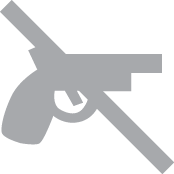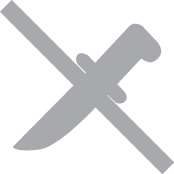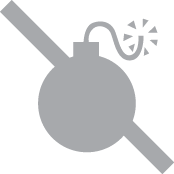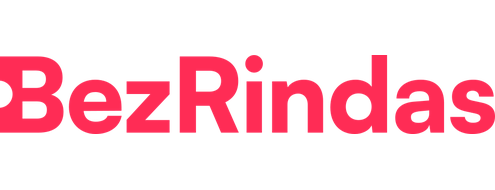Celebrating the 35th anniversary of the Baltic Way, we invite you to a thematic walk in the prison cells of the Corner House, getting to know the memories of the persons imprisoned in the Cheka prisons of Latvia, Lithuania and Estonia.
On August 23, 1989, hundreds of thousands of people from occupied Latvia, Lithuania and Estonia joined hands, forming a living chain that stretched from Tallinn to Vilnius - 670 kilometers long. This ambitious action proved the will of the people for independence and freedom, which was suppressed for almost 50 years.
A symbolic date was chosen for the Baltic Road campaign. On August 23, 1939, the USSR and Germany signed a non-aggression pact, which became a prerequisite for the occupation of the Baltic states in the summer of 1940. Since the beginning of the occupation, the Soviet repressive institution (called the Cheka) carried out deportations, arrests and other forms of repression, from which hundreds of thousands of people suffered not only in Latvia, but also in Lithuania, Estonia and elsewhere.
Many opposed the regime. In the first years of the occupation, armed resistance groups gathered in the forests to fight against the occupying power, later the resistance regime manifested itself in secret meetings where lovers of banned literature and foreign cinema met, but on November 18, flowers used to appear at the Freedom Monument and the Brethren Cemetery. Little by little, the ideas of freedom and independence were heard in kitchen conversations as well.
A real opportunity to regain the lost independence arose in the late 1980s. The democratization policy introduced by Mikhail Gorbachev opened up the opportunity for the society of Latvia, Lithuania and Estonia to openly express their position. On August 23, 1989, people went to the designated points to join hands for a short while, demonstrating the unity of the peoples of the Baltic States and the desire for independence.
Today, August 23, 2024, we want to remind you that we are united. We are united by the repressions experienced during the occupation, we are also united by the desire and ability to resist them. We are united by the common path to freedom and democracy.
Together with the museum guides, we invite you to take a performative walk through the cells of the Corner House prison, getting to know the memories of the persons imprisoned in the Cheka prisons of Latvia, Lithuania and Estonia.
The number of places is limited!










